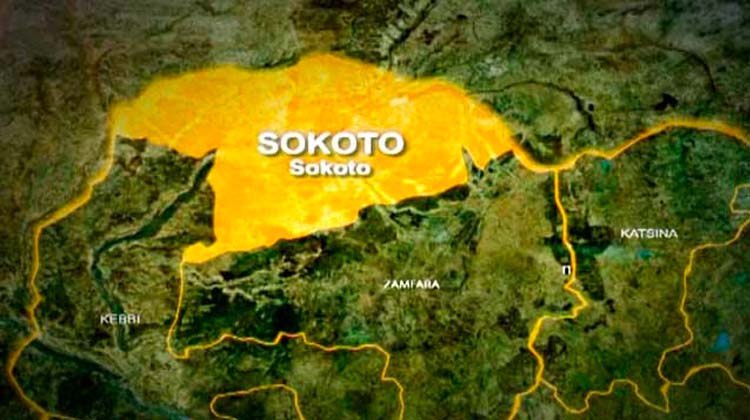Addressing Sokoto’s Water Crisis: A Comprehensive Overhaul Underway
For years, the residents of Sokoto State have grappled with persistent water scarcity, a challenge deeply rooted in decades of neglect, outdated infrastructure, and mismanagement. The current administration, under Governor Ahmad Aliyu, has recognized the urgency of this issue and embarked on a comprehensive overhaul of the state’s water supply system, promising a new era of efficient and equitable water distribution. Central to this ambitious plan is the near completion of a massive 40 million gallon per day water project, poised to transform the water landscape of Sokoto. This multi-billion naira undertaking focuses on key areas like Tamaji, Gagi, Mana, and Rugar Liman Gulu, strategically chosen to maximize impact and reach underserved communities. The project is expected to be fully operational within the next three months, bringing much-needed relief to residents long burdened by inadequate water access.
The current water crisis in Sokoto is a legacy of past failures, characterized by a lack of investment in infrastructure maintenance and upgrades. Pumping stations, crucial for distributing water throughout the state, have fallen into disrepair, operating at skeletal capacity or ceasing function altogether. The Runji Zambo facility, once a vital component of the water supply network, is a prime example of this systemic neglect. Many of the state’s waterworks are relics of a bygone era, operating far beyond their intended lifespan. This reliance on obsolete equipment, coupled with a lack of adherence to manufacturer-recommended replacement schedules, has contributed significantly to the current predicament. The cumulative effect of these issues has left Sokoto’s water infrastructure vulnerable and inadequate to meet the growing demands of its population.
The new administration, however, is determined to break this cycle of neglect and build a sustainable water future for Sokoto. Recognizing that short-term fixes are insufficient, the government is prioritizing long-term solutions designed to serve the state for the next 30 to 50 years. This forward-thinking approach signifies a significant departure from the piecemeal efforts of previous administrations, which often failed to address the root causes of the water crisis. The focus now is on comprehensive system upgrades, incorporating modern technology and sustainable practices to ensure long-term reliability and efficiency.
A key element of this modernization effort is the integration of renewable energy sources, particularly solar power, to mitigate the impact of frequent power outages that often disrupt water supply. This commitment to sustainable energy not only ensures a more reliable water service but also aligns with broader environmental goals. Complementing the solar initiative is the installation of new generators, providing a backup power source to maintain uninterrupted water supply. The government has pledged to ensure the continuous operation of these generators, regardless of the cost, underscoring its commitment to providing this essential social service.
Recognizing the vulnerability of critical infrastructure, the government is also proactively addressing security concerns. Plans are underway to engage private security firms to protect water facilities from vandalism and theft, which have plagued the sector in the past. These security measures aim to safeguard valuable assets, including generators and cables, ensuring the uninterrupted operation of the water supply system. Furthermore, the state is actively seeking collaboration with the federal government to address the issue of silted dams, which hinder water flow and reduce storage capacity. The Minister of Water Resources has pledged support for dredging operations, a crucial step in restoring the full functionality of these vital water sources.
Accountability and transparency are also cornerstones of the current administration’s approach. A judicial panel has been established to investigate past mismanagement and asset diversion within the water sector. This commitment to uncovering past wrongdoings and holding those responsible accountable underscores the government’s dedication to good governance and responsible resource management. The findings of this panel will not only shed light on past issues but also inform future policy decisions, ensuring a more transparent and accountable water management system. With these comprehensive measures in place, Sokoto State is poised to overcome its long-standing water challenges and usher in an era of reliable and equitable water access for all its residents.














